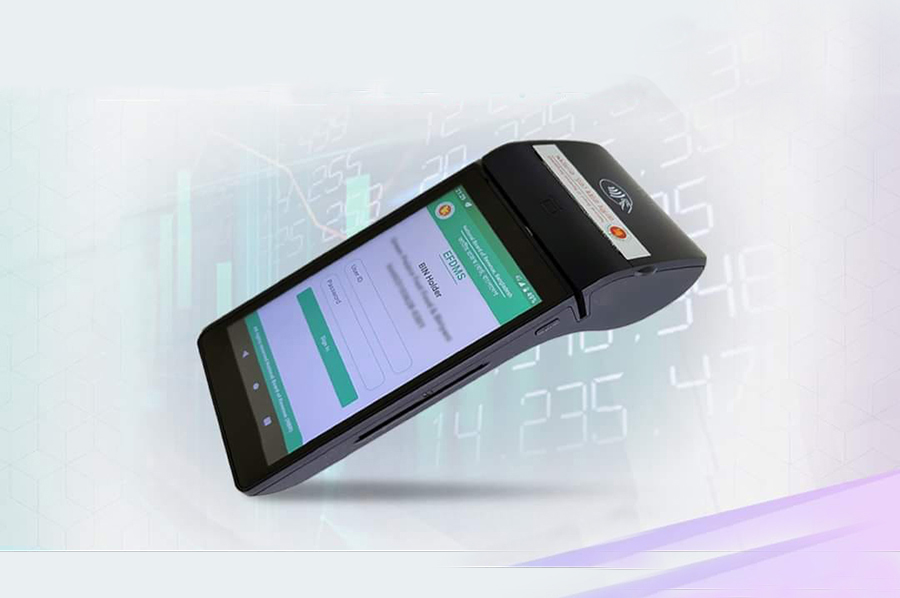
Published :
Updated :

The country's apex tax administration authority, the National Board of Revenue (NBR)'s effort to automate its Value-Added Tax (VAT) collection system, has encountered many challenges since the move was made nearly a decade and a half back. First, it introduced Electronic Cash Registers (ECR) in 2009. But it proved to be difficult to monitor the invoices generated by the ECRs as there was no central server to oversee their operation in an integrated manner. So, in 2018, it went for installing the Electronic Fiscal Devices (EFDs) instead at the small and medium-scale business outlets free of cost. But the progress of the work, thanks to the non-cooperation of many business entities and some NBR officials' high-handed manner towards those operating the business outlets, was not at the expected speed. To overcome the difficulties, recently, the government is learnt to have engaged a private company having necessary expertise in the field to do the job of installing the EFDs and managing their operation.
Outsourcing of the EFD installation and management in a digitised format is obviously a step in the right direction. In fact, collection of VAT, which currently accounts for 40 per cent of nation's total revenue earning, has long been stymied by its manual method of collection, mismanagement and corruption. Small wonder that it lacked transparency! In contrast, the information about business transactions made through the EFDs at the retail and wholesale business outlets across the country can be instantly monitored through the integrated EFDMS operating through a central server under control of the NBR. As the human intervention in the VAT collection regime will be drastically reduced through the EFDMS, the chances of errors and manipulations in VAT collection regime would be substantially minimised. Even so, the NBR will be required to keep tabs on the operation of the outsourced EFDMS to see what qualitative improvement has been achieved through the new VAT payment and management system over a particular period of time. More importantly, what is at stake here is the information about the ownership of millions of small and big retail and wholesale businesses in the country and their sensitive sales data. So, it must be ensured that sensitive information such as the sales data of businesses concerned are well-protected. Also, the outsourcing agency should be technically sound to protect the data from leaking or preventing any possible hacking. According to the plan, as reported, about 60,000 EDFs will be installed at business outlets in Dhaka and Chattogram within the current financial year, FY24 and another 0.3 million within the next five years. In fact, the faster the retail and wholesale businesses of the country are brought under the EFDMS, the better for the mobilisation of revenue for the government. Notably, according to an estimate, the small and medium shopping outlets contribute 13 per cent to the country's Gross Domestic Product (GDP). However, for successful implementation of the EFD installation drive, cooperation of both businesses and consumers has to be ensured through a massive awareness campaign about the EFDMS.
Even after automation of the VAT collection system, the tax officials will still have work to do to ensure compliance of businesses with the new system. In that case, their role should be more motivational than domineering. The digitised VAT payment and management drive through the Electronic Fiscal Device Management System (EFDMS) will, hopefully, give a big fillip to the domestic revenue mobilisation efforts. Its successful implementation promises to improve the country's present tax-GDP ratio at 7.4 per cent, which is one of the lowest in South Asia.


 For all latest news, follow The Financial Express Google News channel.
For all latest news, follow The Financial Express Google News channel.